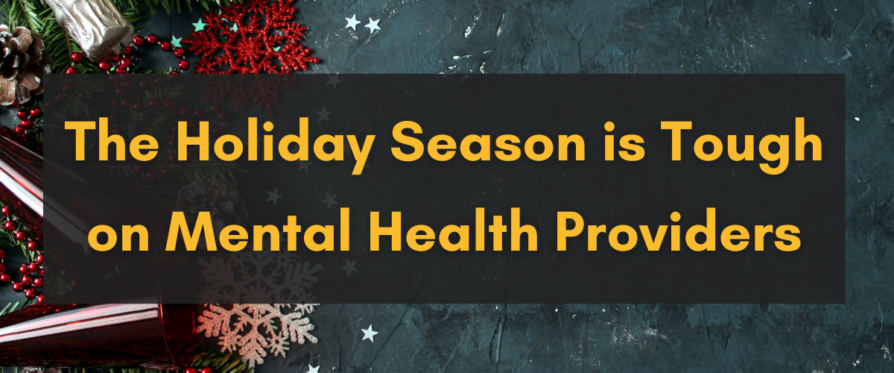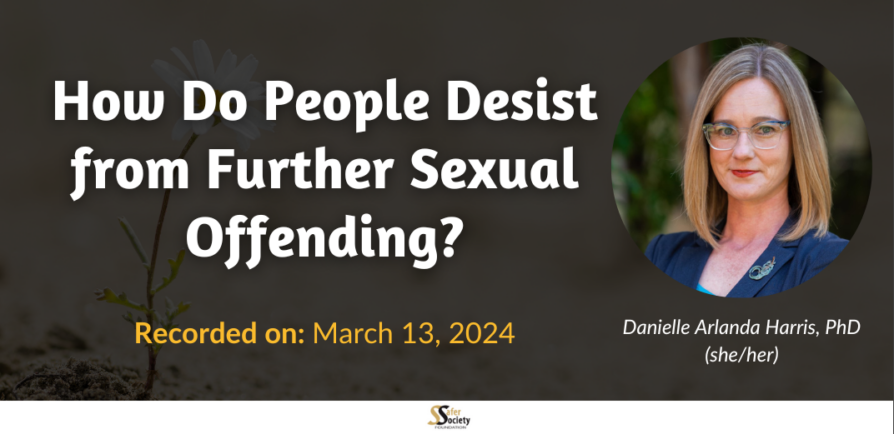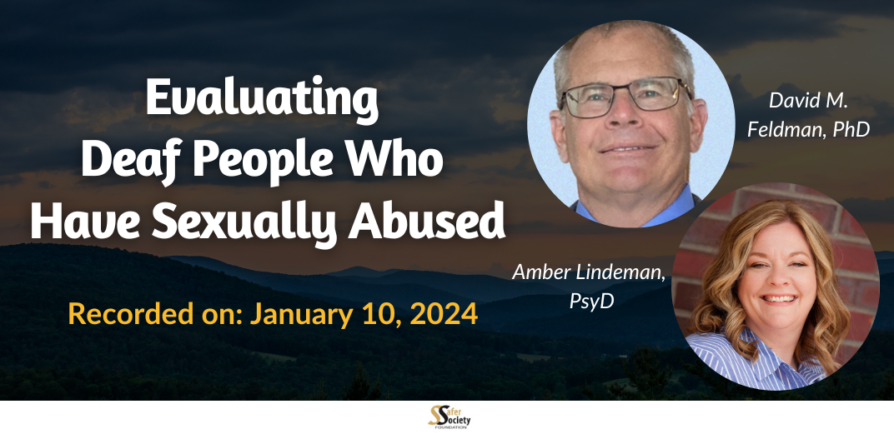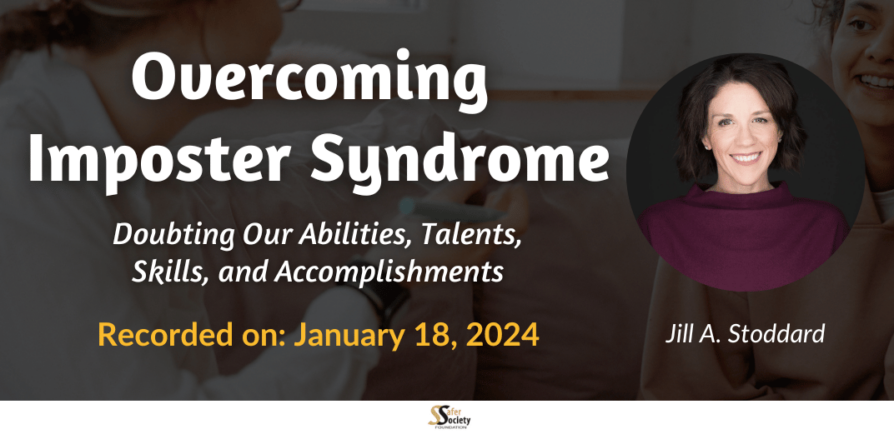We know the holiday season is tough on clients due to factors such as negative family dynamics, the loss of a daily routine, financial pressures, etc., but it is also a very tough time for those in the mental health profession. Come join us during Safer Society’s “Safe Haven,” an online support session where mental health professionals can decompress and share their own best practices for working with clients around the holidays.
How Do People Desist from Further Sexual Offending?
Australian researcher Danielle Harris has spent her career studying desistance. In this webinar, Dr. Harris presents her work on understanding the pathways to desistance taken by sexual offenders after they are released from incarceration. She begins by drawing upon more than two decades of primary research to reflect on our changing perceptions of sexual offending across the life course.
Evaluating Deaf People Who Have Sexually Abused
Deaf people who have sexually abused present a unique challenge to mental health professionals, law enforcement, administrators, and attorneys at various stages of the legal system. Professionals rarely possess expertise in the cultural and linguistic competencies necessary for evaluating or providing interventions to deaf sexual offenders.
This webinar explores the challenges of this work. It highlights common mistakes and misunderstandings in evaluation, diagnosis, treatment, and management.
Bar Harbor Bank and the Casual for a Cause Donation
“Safer Society is grateful for the donations from Bar Harbor Bank & Trust employees,” said Sarah Snow Haskell, Director of Operations at Safer Society. “The generosity of those in our community, whether big or small, inspires our team to continue our mission of creating a safer society free of sexual and social violence. The support received will help fund our resources for building hope and resilience in youths in Vermont and around the globe.”
How to Approach Colleagues with Ethical Concerns
The speakers provide valuable insights gained from years of experience in helping professionals address ethical dilemmas. The speakers share practical strategies for approaching and resolving conflicts in line with ethical codes, and learn how to effectively navigate complex ethical challenges in your professional journey.
Happy Thanksgiving From Safer Society
With the passing of another year, we once more enter the season of festivities that begin, here in the United States, with Thanksgiving Day. No …
Overcoming Imposter Syndrome
Dr. Stoddard, the author of Imposter No More: Overcome Self-Doubt and Imposterism to Cultivate a Successful Career, shares her insights into the imposter experience and offers practical strategies for overcoming self-doubt and imposterism. The webinar provides a platform for understanding imposterism differently, such as the observation that whatever one worries they’re not good at is what they actually care about.
Getting Our Language and Messaging Right
Talking with the public, policymakers, the media, and even our colleagues is rarely easy; poorly chosen words at the wrong time can derail our messages and credibility. In this webinar, Dr. Kelly Socia offers ideas for how we can use the right language to avoid landmines. He discusses strategies for addressing controversial and stigmatizing topics, aiming to ensure that the intended message is clearly understood.
Pornography, Social Media, and Teens: What Could Go Wrong? And What Can Be Done to Make it Go Less Wrong?
Social media is the method of communication preferred by adolescents and young adults, and many social media apps have become a primary means for viewing sexually explicit media. Rather than searching for content that matches their developing sexual interests, many adolescents simply scroll through whatever is on their feed, often finding sexually explicit material. This workshop will address the impact pornography and social media are having on teens.
Becoming Skillful with Motivational Interviewing (MI)
Motivational Interviewing has been found to improve treatment outcomes across many therapeutic needs, including substance use disorders and domestic violence. Yet, despite there being much discussion in the field about the importance of evidence-based practices such as MI, there is far less discussion about how people actually learn to use these practices. How do people find their own motivation to become more effective at motivational interviewing? What does it take to develop solid MI skills? Reading a book about MI is not nearly effective as attending a training, and better still is the opportunity to practice skills in a safe and engaging environment. This webinar is one such environment.









